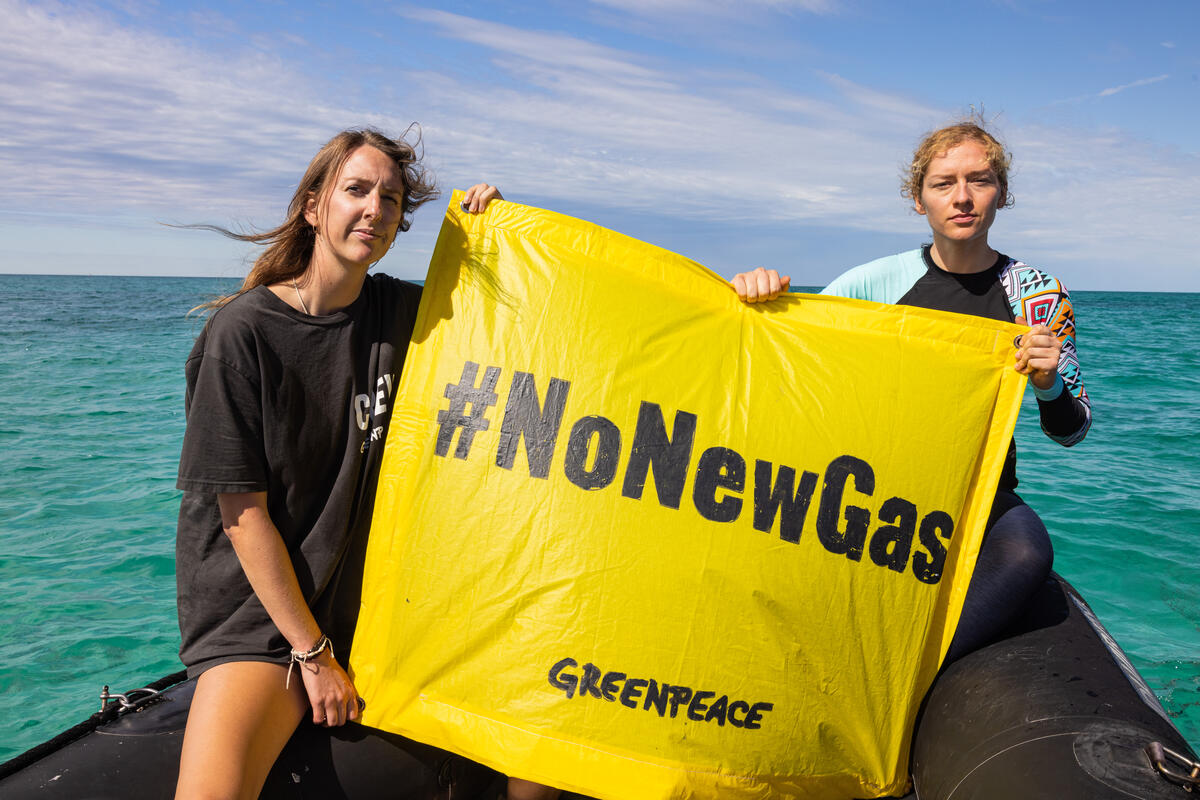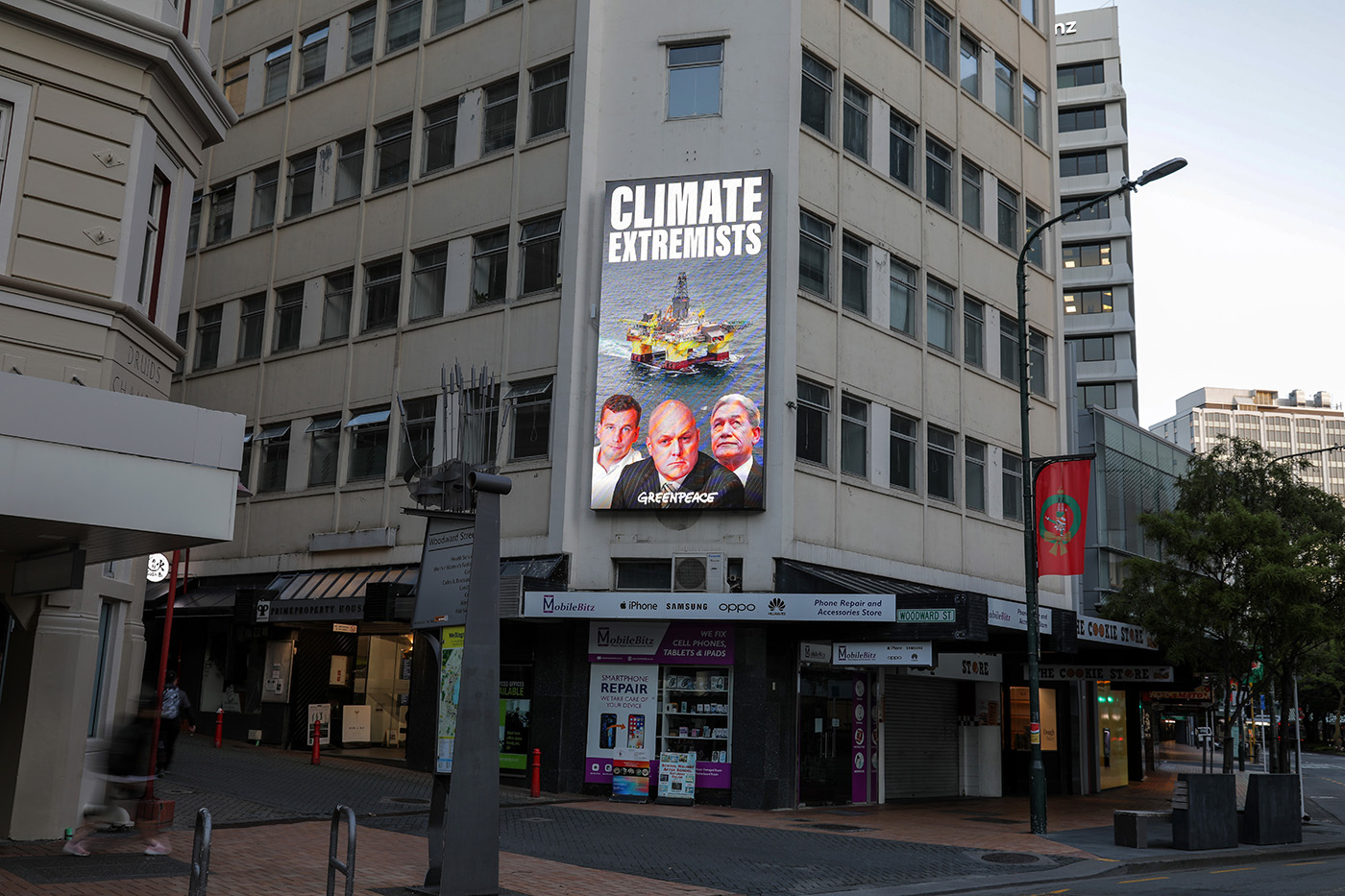The sun rose to lesser amounts of oil on the beaches of Tauranga. Even so, its removal was essential because it’s toxic and harmful to a range of wildlife and human health.
The sunny day enticed hundreds of people out to help (before the rugby). The view as far as you could see from the Papamoa Surf Lifesaving Club looked like hundreds of aliens in space suits removing oil from the sand.
Throughout the day we heard reports of local surfers helping to clean up Matakana Island. Further south in Maketu local fisherman and surfers took to cleaning up the headland that’s such an important part of their lives.
Reports came in of large numbers of fur seals and shellfish dying on Motiti Island which is closest to Rena the ship that haemorrhaged heavy fuel oil.
As a few of us chatted on a boardwalk across the Papamoa sand-dunes I spotted an oily penguin waddle out from beneath our feet. Adam Walters, our scientist at large, dashed across the dunes to capture the little blue penguin and swaddle it in plastic. After finding a box the next stop was the bird hospital.
As I write, the currents are moving floating oil to an area between Whakatane and East Cape. Authorities have set up community facilities to co-ordinate a clean-up ahead of contact time. But this is a vast coastline with a much smaller population.
It seems like nature’s cruel joke to aim the oil into the tribal area of te Whanau a Apanui, the tribe who earlier this year put themselves on the line to oppose deep sea oil surveys by Petrobras – directly to prevent disasters like this.


